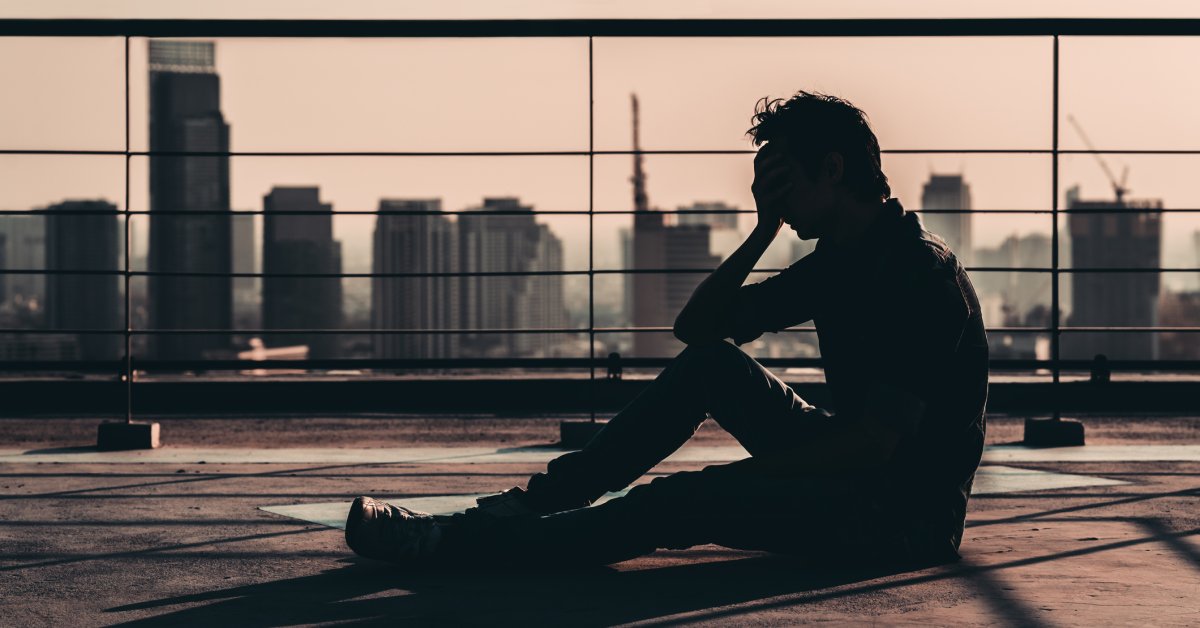Not quite a news but a general piece on the subject.
Key points:
- The Dewan Rakyat recently passed a bill to decriminalise suicide attempt. The removal of Section 309 of the Penal Code - which informed the punishment for suicide attempt with jail term and fine, was seen as a crucial milestone in the legal reform, and welcomed by many.
- Sec. 309 has its roots in the British Common Law, which existed with the reasoning that criminalising suicide (making it punishable) would be an act of prevention. However, studies have shown that there is no proof of its effectiveness - countries with laws criminalising suicide do not show a lower suicide rate than those without such a law.
- In fact, criminalising suicide may indeed mask the truth in regard to suicide rates and mental health crisis of a country - attempted suicide cases are often not reported as such due to a fear of ramification.
- Decriminalising suicide - as crucial it is - is just a first step toward building a more comprehensive framework for suicide prevention and rehabilitation, including coming up with policies to provide help like therapy for those at risks.
- Beyond legal matters, there should also be more effort in place to remove social stigma surrounding mental health problems and suicide, to encourage more people to speak up and reach out for help.
Can/should government force suiciders to visit psychologists? Replacing penalties with forced visitation instead?
Force is a very strong word, haha. But treatment (including assessment, psychotherapy and counselling, medication if needed, and further psychosocial support plans) instead of punishment is the way to go.
Admittedly, treatment is already part of the response process for attempted suicide cases currently, in particular the government healthcare facilities have their SOP in handling attempted suicide patients that includes medical and psychiatric treatment, so it’s not like the people don’t get help at all. But the problem was that there is also a legal process that also has to go through - and that was the main issue (in addition to other issues). This particular article cited a study that showed often the “legal processes taking precedence over mental health care for suicide survivors, which can 'significantly delay treatment.”’ By removing this legal block, the idea is that treatment and rehabilitation can be the focus for post suicide attempt care.
But indeed, the post suicide attempt response treatment plan should be more specific - and inclusive - namely putting more emphasise on counselling and psychotherapy (which comes back to your question), especially if we’re talking about government policies. But for that to happen we’re looking at significant development in the mental healthcare system and policies. The current public mental healthcare system is, sadly, not the most adequate and balanced, that even if the government has plans to make it an official policy to have people with suicide attempts record/people with suicide risks to undergo counselling, I’m afraid that it might not be as how we hoped it would be. For one, the healthcare system is currently more geared towards medical healthcare than mental healthcare, so a suicidal person is more likely to be referred to a medical doctor (including GPs and psychiatrists) than to a mental health specialist (counsellors and clinical psychologists). But for suicide and mental health cases, specialised mental health services (counselling, assessment, therapy etc.) are often more crucial than medical services (medication). At the same time, we also have the issue of a shortage of mental health specialists (counsellors and psychologists) in the government healthcare system.
So back to your question - helping suicidal persons (with proper mental healthcare, including counselling/psychotherapy, medical treatment, and psychosocial support plans) instead of punishing them should be a no-brainer indeed. And now that we have already taken the step forward in decriminalising suicide, we have to see what comes after.
The reason why i used the word “forced” (other than my poor vocabulary knowledge), is because some people thinks that they doesnt need such therapy, or believe in such treatment. Forcing them to go to such treatment might not yield any result (since they are forced to go in the first place), but there are chances that they MIGHT change yheir view after a few session.
But anywho, at least now authority will grt involved when someone else came across attempt suicide cases without worrying about affecting people involved negatively.
Haha, I get what you mean, just that we usually don’t use the word “force” (as the other friend pointed out, mandatory might be more apt here) because of the more negative connotation, but yeah.
And you did raise some good perspective too, including the perception of some people towards mental health treatment like therapy. Having a structure/system where we expose a person to mental health treatment (therapy), even if just for running a formal procedure, might be, in logic, better than not giving people the opportunity to get any help at all, but that also raises some questions, not just practical, but a lot of ethical ones as well.
Definitely as a MHP I’m inclined to agree with including counselling and therapy (mandatory or otherwise) in the treatment for people with suicidal risks or record. But was also sharing (a bit lamenting, ha) about the shortcomings of the current healthcare system in implementing the policies.
Can’t say there is an ideal solution to that - but indeed some form of help is needed, and if it’s structured as a standard policy, it’s certainly for the better.
I think mandatory should be the word that you should use. If the victim has been diagnosed by medical professional, then only they should be receiving medications from psychiatrist in my opinion. Otherwise, pyscholoist on trying to navigate their predicaments.
Maybe thts the right word i should use. My vocab is not that great to know the difference. Lol. I came acrossed some such individual and often times they doesnt want to/ doesnt believe in such treatment. If government mandate them to pay psychiatrist a few visit, it MIGHT help them change their mind.
Depends on the first responders sop. Ifaik gov already has law reserving the right to “detain” people in psychiatric grounds. Its a bit sketchy but there is no other way around it.
Most probably subject will be escorted to hospital and put under “house arrest” in psychiatric unit.
Ooo great find, thank you!
One small step forward.



